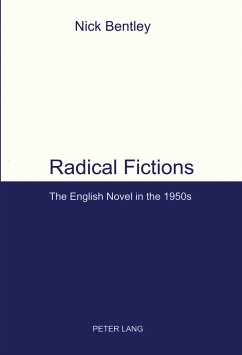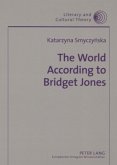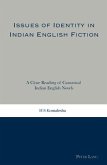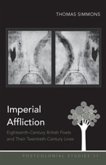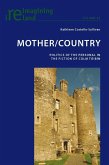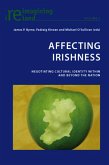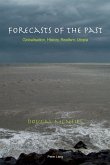This book takes a fresh look at English fiction produced in the 1950s. By looking at a range of authors, some canonical, some less well known, it shows that the novel of the period was far more diverse and formally experimental than previous accounts have suggested. Drawing on a wide range of contemporary literary and cultural theories, the author examines the way in which issues and anxieties in 1950s society were articulated and addressed in fiction. These issues include the reformulation of Englishness in a rapidly decolonizing world; anxieties about immigration, racism, class and classlessness; new configurations of gender; and the fear of the Americanization of working-class culture, especially in the way it appeared to be influencing English youth. The first part of the book identifies some of these anxieties, and the response to them in non-fiction and writing by the emerging New Left. The second part contains a theoretically informed reading of important Fifties novels byKingsley Amis, John Wain, Muriel Spark, Alan Sillitoe, Colin MacInnes and Sam Selvon.
Bitte wählen Sie Ihr Anliegen aus.
Rechnungen
Retourenschein anfordern
Bestellstatus
Storno

